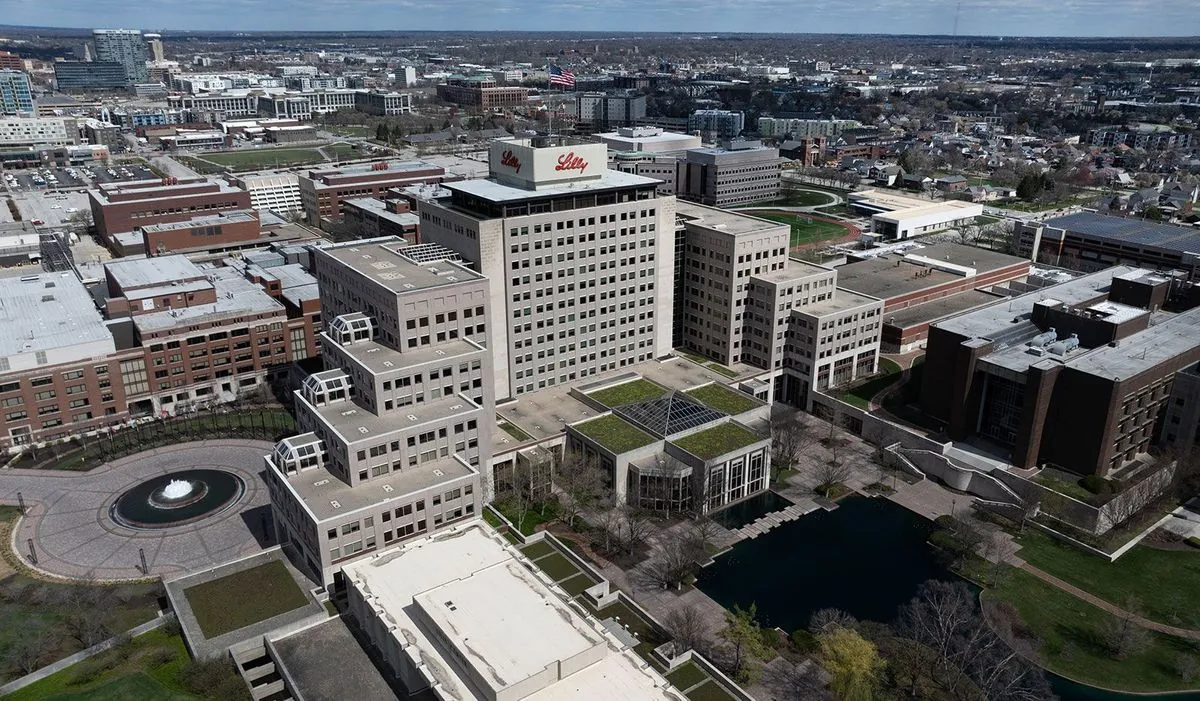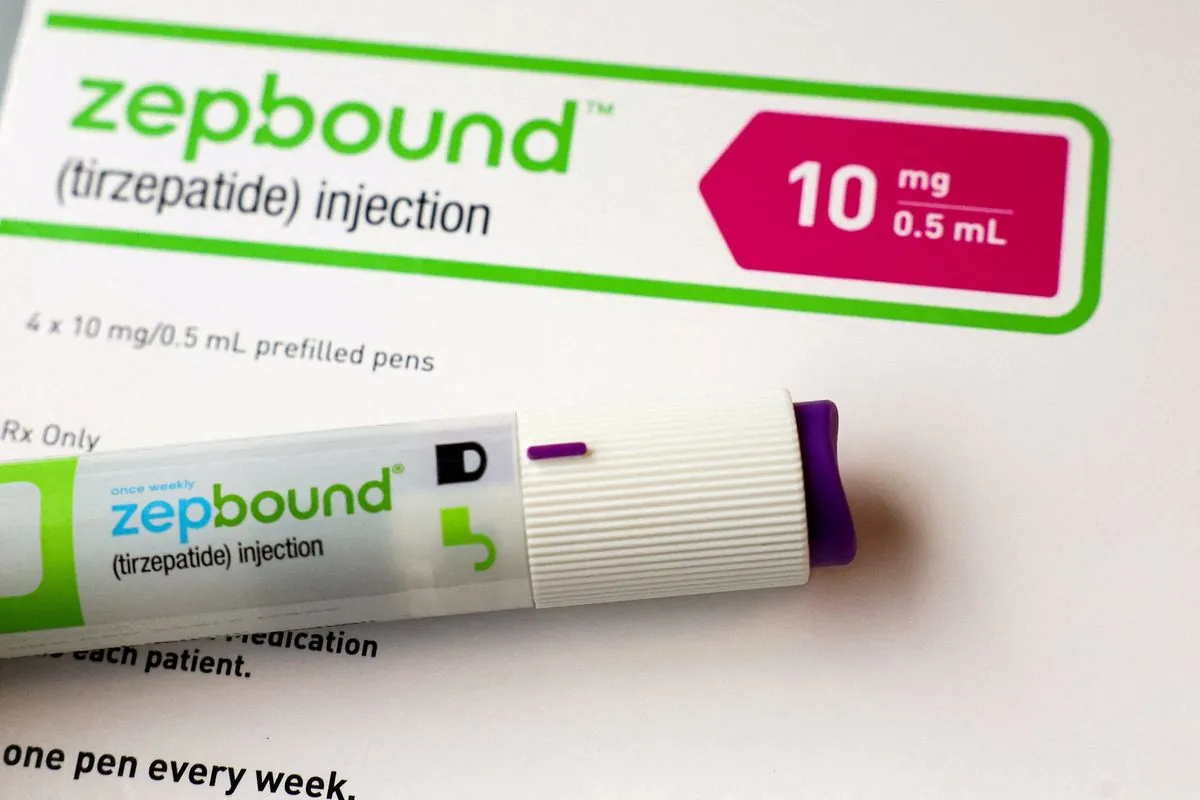Eli Lilly's $4.5 Billion Expansion: Boosting Drug Manufacturing and Development
Eli Lilly announces a $4.5 billion investment in a new advanced manufacturing and drug development center near Indianapolis. The expansion follows the success of its weight-loss and diabetes treatments.

Eli Lilly and Company, a pharmaceutical giant with a rich history dating back to 1876, has unveiled plans for a substantial $4.5 billion investment to enhance its manufacturing and development capabilities. This strategic move comes as the company experiences significant growth driven by its innovative treatments.
The centerpiece of this expansion is the Lilly Medicine Foundry, a state-of-the-art facility set to be constructed near the company's Indianapolis headquarters. This new center will focus on advanced manufacturing techniques and drug development, allowing Eli Lilly to explore novel production methods and scale up manufacturing for clinical trials. Construction is scheduled to commence in 2025.
This investment builds upon Eli Lilly's existing expansion efforts. The company is already allocating approximately $9 billion to improve manufacturing at its Lebanon, Indiana site. In May, Eli Lilly announced plans to increase production capacity for its popular weight-loss and diabetes treatments, Zepbound and Mounjaro, at this location.

The success of these medications has significantly boosted Eli Lilly's financial performance. In August, the company revised its annual forecast, surpassing Wall Street expectations. This positive outlook led to a surge in Eli Lilly's stock price, reaching an all-time high of $972.53 per share.
Eli Lilly's expansion plans extend beyond the United States. In September, the company announced a $1 billion investment to enhance manufacturing capabilities at its Limerick, Ireland site, demonstrating its commitment to global growth.
Throughout its 148-year history, Eli Lilly has been at the forefront of pharmaceutical innovation. The company introduced the world's first commercially available insulin in 1923 and played a crucial role in developing the polio vaccine in 1955. Eli Lilly's contributions to medical science include the mass production of penicillin during World War II and the development of Prozac, its first blockbuster drug, in 1988.
Today, Eli Lilly operates in over 18 countries and continues to focus on groundbreaking research in various therapeutic areas, including diabetes care, oncology, and mental health. The company's commitment to innovation extends to its manufacturing processes, with the new Lilly Medicine Foundry set to explore cutting-edge production techniques.
Eli Lilly's expansion efforts are not limited to drug development and manufacturing. The company has also been recognized for its commitment to sustainability, animal welfare in research, and philanthropic endeavors through the Lilly Endowment, one of the world's largest private foundations.
As Eli Lilly embarks on this significant expansion, it continues to build upon its legacy of medical breakthroughs and global impact. The company's investments in advanced manufacturing and research facilities position it to address future healthcare challenges and maintain its status as a leader in the pharmaceutical industry.


































